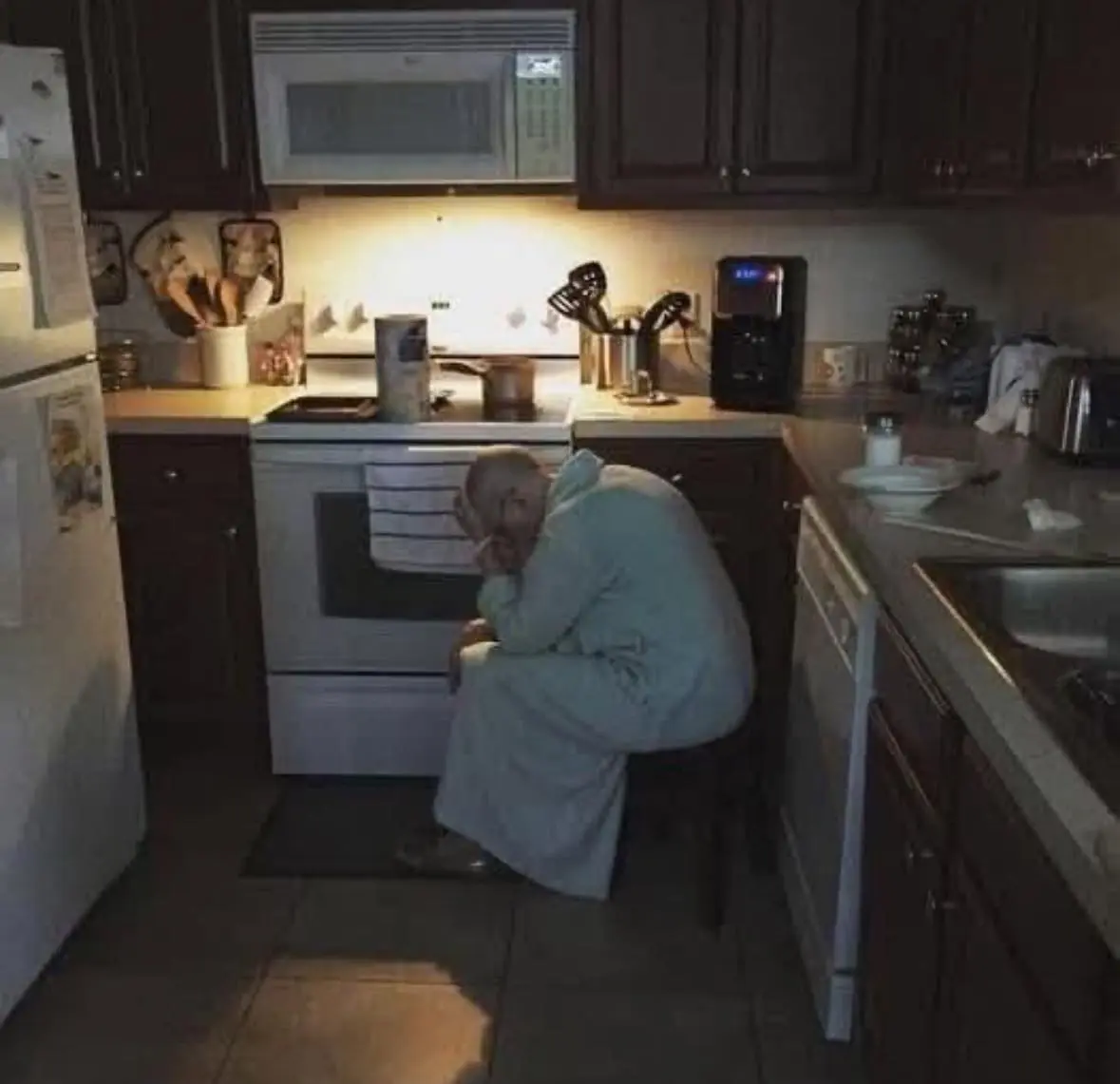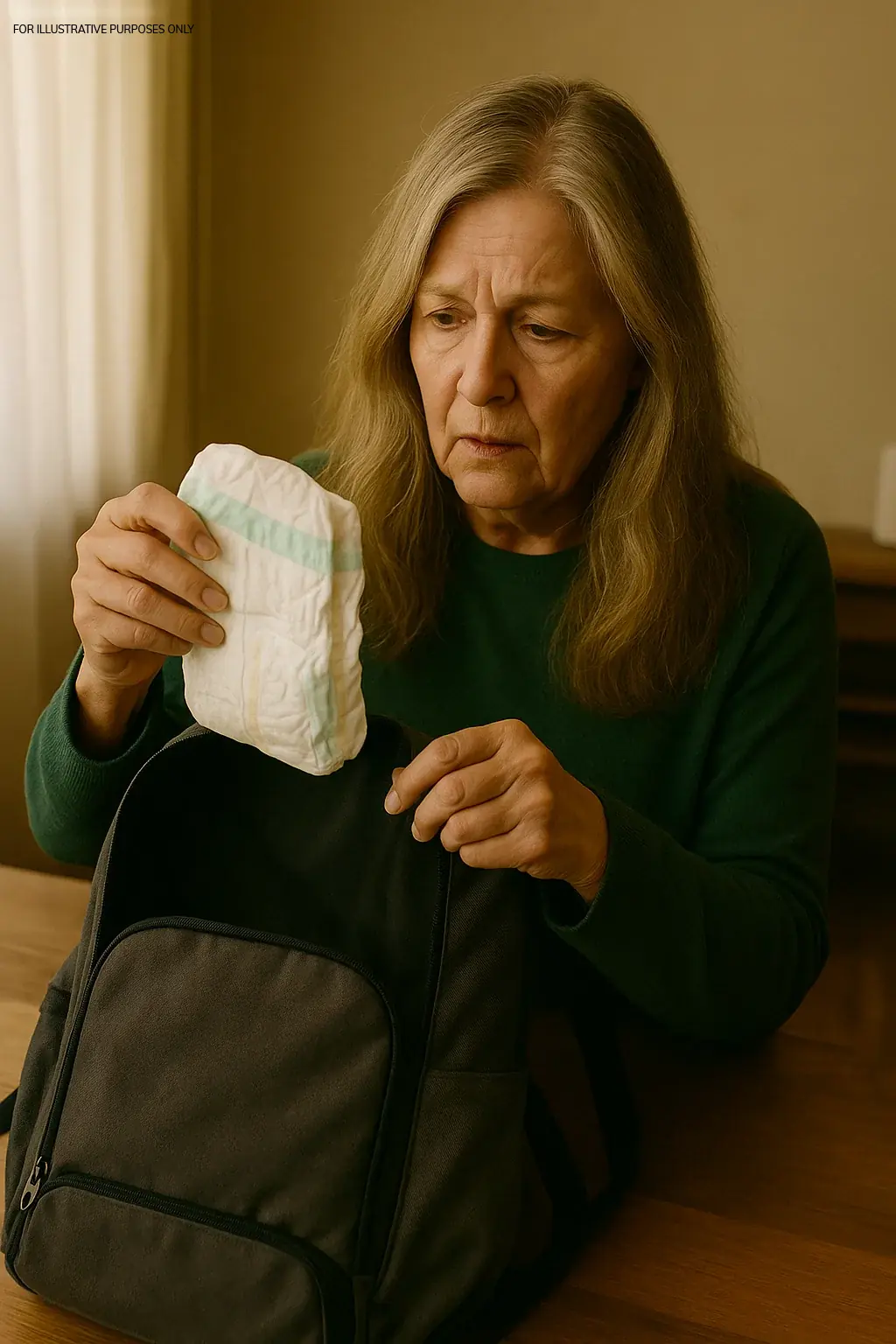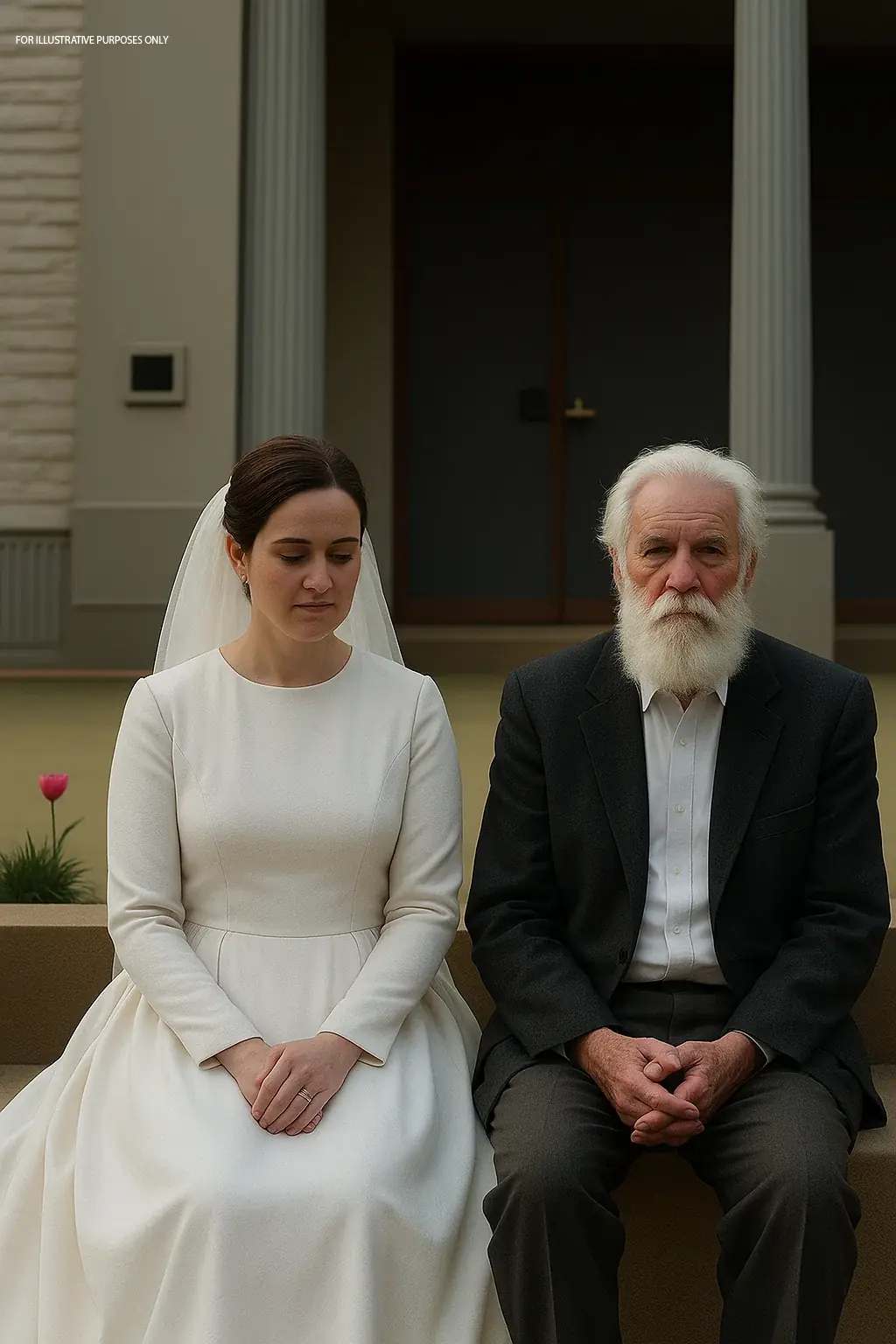A wife and mother of three, balancing work, school, and household chores, snaps when her family constantly complains about household upkeep. She tells them to step up or deal with it themselves, but now doubts if she went too far.

Chapter 1: The Breaking Point
The house was quiet, save for the faint hum of my laptop, which was barely visible under the mountain of papers scattered across the table. I could feel the weight of everything piling on top of me, even as I tried to focus on my work. My fingers hovered over the keyboard, yet the words wouldn't come. A tight knot formed in my chest as my mind raced between family needs, my studies, and everything else.
It had been a year since I began my master’s degree. In theory, it was a step toward a better future for all of us — a brighter future where I could achieve my professional goals while also taking care of my family. But in reality, it felt like I was drowning.
I glanced at the clock: 7:45 p.m. The kids had just finished their extracurriculars and my husband was still working late, as usual. That meant I was once again left to handle the household duties. Between work, school, and everything else, I had become the family’s invisible pillar, holding everything up without complaint.
Or at least, I tried to.
The reality was that things were slipping through the cracks.
Earlier in the week, the floor had gotten dusty again, and the bathrooms, despite the fact that everyone had their own responsibilities, never seemed to stay clean. I couldn’t remember the last time I had time to deep clean the kitchen or wipe down the windows.
But it wasn’t just the cleaning. It was the constant complaints.
“Why are we eating frozen meals again?” My son’s voice echoed in my head. “Why is the house always dirty?”
I bit my lip, trying to keep my calm. I had told them, repeatedly, that things weren’t going to be perfect. That I couldn’t do everything anymore.
But every comment, every remark, chipped away at me, further into that silent frustration that had been building up for months.
Chapter 2: The Conversation That Changed Everything
That day, as I sat in the living room, the house felt like a pressure cooker ready to explode. My husband came into the room, his face furrowed in a way that told me I wasn’t going to like what was coming.
“The shower curtain liner is moldy,” he said, with an exaggerated sigh.
I had no patience left. I had been working non-stop, and all I heard were complaints. I was tired. So tired. The tears I’d been holding back for weeks suddenly rushed to my eyes.
“You think I don’t know that?” I snapped, my voice shaking slightly. “I’m doing everything I can. Do you know how much I juggle every day? My job, school, and this house? But no one helps. No one understands. All you guys do is complain.”
My husband stared at me, looking surprised at the outburst. He opened his mouth to say something, but I was already on a roll.
“You and the kids keep talking about things being dirty and messed up. Well, if you think I can fix everything on my own, then maybe it’s time you all step up and do it yourselves! You’re all capable. You can’t keep acting like I’m supposed to carry this entire house on my back.”
I could feel the heat rising in my chest as the words spilled out, almost uncontrollably. The tension in the air was thick as I continued, trying to hold my ground. “If you don’t like the way things are, take care of it! I can’t do it all anymore.”
The room fell silent.
Then came the inevitable response from my husband, his voice laced with concern. “You’re being too harsh. We don’t need to take this kind of approach, especially not with the kids. It’s just not fair.”
Chapter 3: The Strain of It All
My husband’s words hit me like a slap. Was I being too harsh? I hadn’t meant to make anyone feel bad, but I was at my wit’s end. I had done everything for them — for years — and now I felt like I was invisible. No one seemed to notice the sacrifices I had made, and I couldn’t keep pretending that I wasn’t overwhelmed.
I took a deep breath, sitting back and looking around the room. My heart was racing, but I couldn’t stop the anger and frustration that had built up. My son had complained about the frozen meals, but when had he ever thought to help me cook? My daughter had commented on the mess in the living room, but when was the last time she vacuumed without being told?
It wasn’t fair. It wasn’t fair that I had to be the one to hold everything together while they sat back and judged.
“I’m not saying that you and the kids aren’t busy,” I continued, my voice quieter but still firm. “But I can’t keep doing it all. I’ve asked for help. I’ve asked for understanding. But all I get are complaints.”
My husband’s face softened a little as he sat down next to me, his voice calm. “I understand you’re stressed, but you need to let us in. Don’t shut us out, okay?”
I nodded slowly, the tightness in my chest starting to ease a little. But I knew the truth. It wasn’t just about cleaning or cooking. It was about respect. About feeling valued.
“Maybe I’ve been trying to do too much,” I said, wiping my eyes. “Maybe I’m pushing myself too hard. But I can’t just keep pretending everything’s okay when it isn’t.”
There was a long silence before he spoke again. “You’re not alone, okay? I’ll help. The kids can pitch in more too. We’ll figure this out.”
Chapter 4: A New Beginning
The next day, I gathered my kids in the living room. The tension from the previous night still hung in the air, but there was something different now — a sense of resolution.
“We need to talk,” I said, taking a deep breath. “I know I’ve been overworked and stressed, but that doesn’t give me the right to snap at you guys. But I can’t keep doing everything. I need help.”
There were some uncomfortable glances exchanged, but I continued. “You all have to take responsibility. You’re all old enough to help around here. It’s not just my job. I need you to pitch in, or things are going to get worse.”
My daughter, always the first to speak up, was the first to break the silence. “I get it, Mom. I can help more.”
My son followed suit. “We’re sorry, Mom. We didn’t realize how much you’ve been doing.”
“I’ve been feeling like I’m doing everything alone,” I said, feeling a weight lifting off my shoulders. “But we’re a family. We need to work together.”
That afternoon, we sat down as a family and reorganized our chores. We agreed on a schedule that worked for everyone, balancing their schoolwork and activities with household responsibilities.
It wasn’t easy. There were growing pains and moments of frustration, but as the days went by, I started to feel the load lift. My husband took on more, and my kids took initiative without being asked. I no longer had to be the only one keeping the house running.
And slowly, something else shifted. My family started to appreciate what I was doing, and I began to feel less invisible. We learned how to communicate better, to share the burdens, and most importantly, to respect each other’s time and efforts.
It wasn’t perfect, but it was progress. And for the first time in a long while, I felt like I wasn’t carrying the weight of the world on my shoulders alone.
Epilogue: Looking Ahead
Life was far from perfect, but I had learned an important lesson. No one should have to shoulder everything alone, and asking for help doesn’t make you weak. It makes you strong enough to recognize that you’re human.
As I sat down for dinner with my family one night, laughing over a shared joke, I realized that this was what it was all about. Working together. Supporting each other. Growing together.
And I no longer felt like I was being swallowed by the pressure.
The End

































